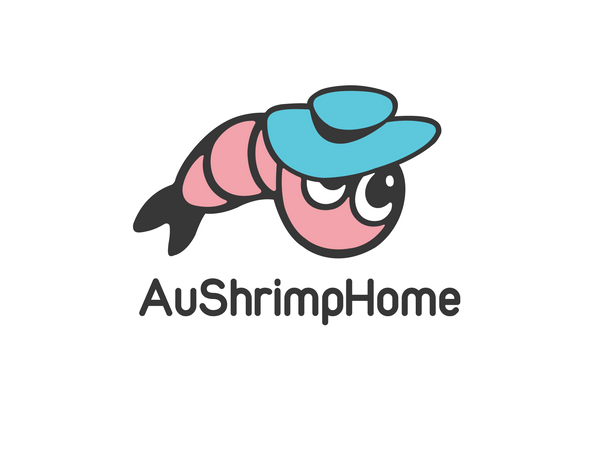
What are the risks of using chemical treatments on cherry shrimp
Share
Based on general knowledge about cherry shrimp, there are several risks associated with using chemical treatments on cherry shrimp:
- High sensitivity: Cherry shrimp are highly sensitive to many chemicals and medications. Even treatments that are safe for fish can be harmful or fatal to shrimp.
- Copper toxicity: Many aquarium medications contain copper, which is extremely toxic to shrimp. Even small amounts of copper can be lethal.
- Disruption of beneficial bacteria: Some chemical treatments can harm the beneficial bacteria in the tank, which are crucial for maintaining water quality and shrimp health.
- Stress: Introducing chemicals into the tank can cause stress to the shrimp, potentially weakening their immune systems and making them more susceptible to other issues.
- Molting problems: Certain chemicals can interfere with the shrimp's molting process, which is essential for their growth and survival.
- Unintended consequences: Even chemicals not directly added to the tank, such as bug sprays, window cleaners, or sunscreen on hands, can be extremely toxic to shrimp if they come into contact with the water.
- Long-term effects: Some chemicals may have residual effects that can continue to impact the shrimp and their environment even after the initial treatment.
- Breeding issues: Chemical treatments may affect the shrimp's ability to reproduce successfully.
- Research thoroughly and ensure the product is explicitly stated as safe for shrimp.
- Consider natural alternatives or environmental improvements first.
- Use the minimum effective dose if treatment is necessary.
- Closely monitor the shrimp for any adverse reactions during and after treatment.
